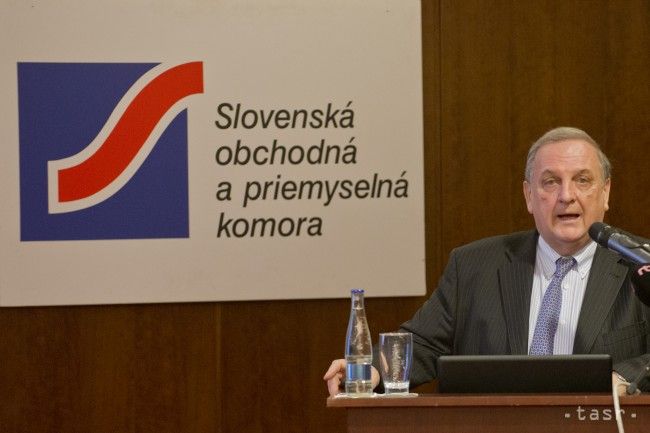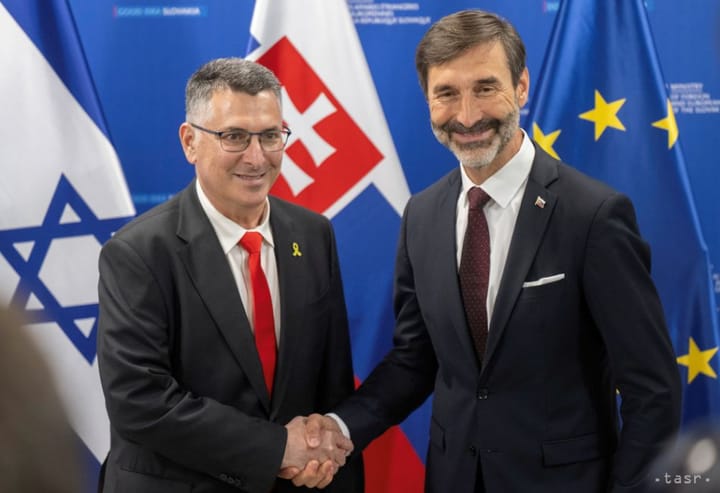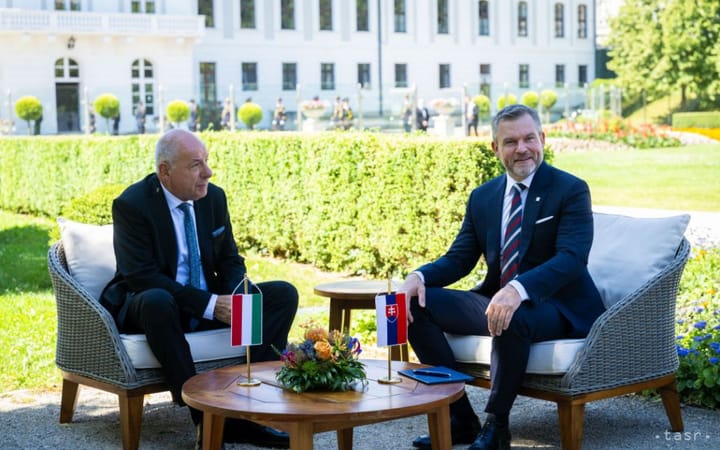Mihok: PMs at Summit Should Look for What Unites Not Divides Them

Bratislava, September 7 (TASR) – The upcoming meeting of EU-member states representatives in Bratislava on September 16 should lead to a reevaluation of the policies that divide them and concentrate on what unites all, said Slovak Trade and Industry Chamber (SOPK) chairman Peter Mihok on Wednesday.
Speaking in reference to the informal summit of 27 EU leaders set to take place in Bratislava, Mihok said that the people of member states expect the summit to address the key issues of further development of integration and, especially reassessment of those EU policies that divide the countries.
Mihok sees European integration as a unique project with a noble aim – to prevent conflicts thanks to close cooperation and create conditions for economic growth.
According to him, the aims of the Union – as they were defined in the 1950s – still remain valid, although their dimension and environment in which they are carried out have changed significantly. “The strategy and implementation of these aims are crucial at the moment. In order to fulfil our goal we need a functioning and efficient EU that serves the interests of its member states,” he said, adding that it’s the only way how to ensure the EU’s future development.
Mihok, who has been the SOPK chairman since its inception in 1992, noted that in the past the Union implemented only those joint projects in which all member states participated. Later, however, came projects – such as the Schengen area and the Euro – that didn’t include all member states, and therefore have had a strong ‘disintegrating element’.
“In the further joint steps we should bear in mind the fulfilment of the original idea of integration. It’s not possible to continue opening other projects so rapidly, when several projects from the past still haven’t been fulfilled until this day,” said Mihok.
Moreover, according to Mihok, further EU enlargement can’t continue without the full integration of its current new members. “We can’t responsibly speak about a high degree of integration, if we continue dividing EU into old and new members; the Eurozone and others; and member states in the Schengen area and the non-Schengen states,” he said adding that in this way, there will be not one integrated EU but at least three or four Unions.



